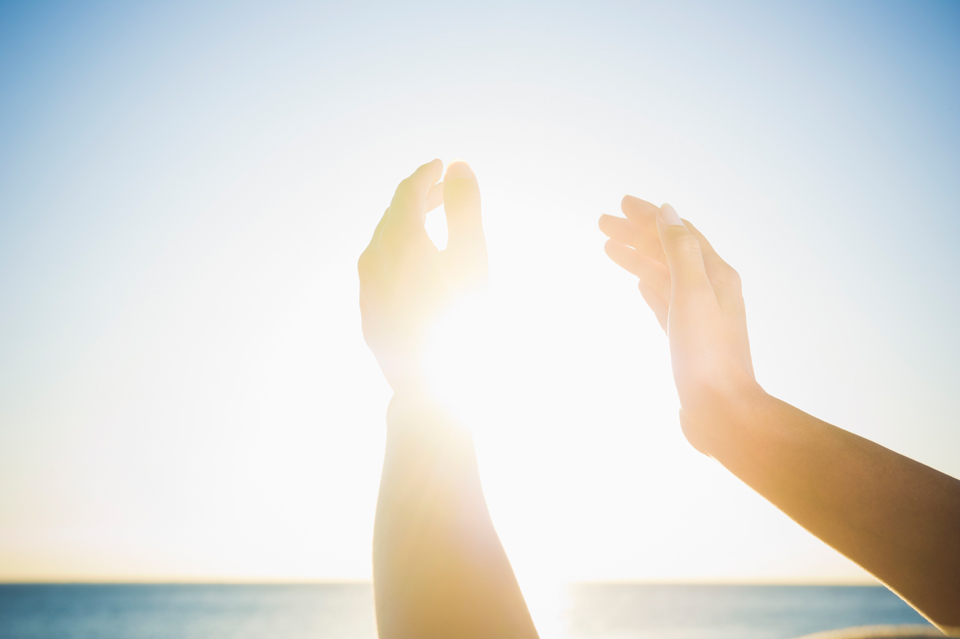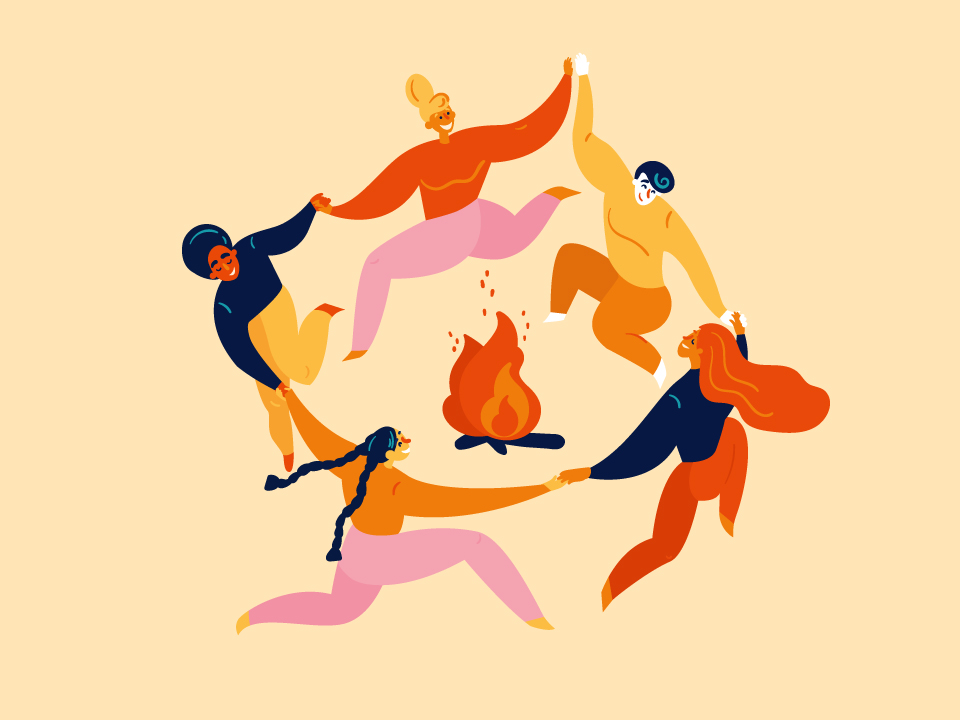Participants would often express discomfort or resistance to this process. Sometimes they would minimise what they shared, choose not to share out loud (understandably), or struggle to come up with any examples. Each week I would gently remind them that everyone in the room had without doubt practised courage throughout the week because, put simply, courage means, “Doing something despite discomfort, fear or anxiety.”
It’s a shame how hard it can be for us to acknowledge our acts of courage. Perhaps part of the challenge is that it’s sadly more “normal” within our society for us to focus on and express our perceived flaws and failures than it is to own our successes and celebrate our wins (regardless of how small we they are).
So on that note, I invite you to reflect on your own relationship to courage;
how you understand it, experience it and live it. I also encourage you to
consider how practising acting from a place of courage may help you to show up in this world in a meaningful and values-aligned way.
Courage defined
To further explore the concept of courage, let’s turn to the wise words of courage, vulnerability and shame researcher, professor Brené Brown, who poignantly and simply describes courage as, “Learning to be brave and afraid at the exact same time.” Her definition combats the common misconception that courage means to act without fear or discomfort and also highlights that fear and being brave can coexist. This is actually at the heart of courage.
The path to courage
As captured by Brené in her The Call to Courage talk on Netflix, her research has shown that being brave requires a willingness to experience vulnerability. Adding to this, in her latest book Dare to Lead, she reminds us, ”You can’t get to courage without rumbling with vulnerability.” Brené defines vulnerability as the feeling experienced “during times of uncertainty, risk or emotional exposure; the courage to show up, fully engage and be seen when you can’t control the outcome.” To distinguish the two concepts, living courageously can be understood as how you choose to act, whereas vulnerability is the feeling you will inevitably experience as part of the process. In her talk she also highlights to the audience that if you live courageously, you don’t risk failure, you will know failure.
When I asked my dear mum what courage meant to her, she defined it as: “The strength to confront fear and anxiety.” Her words led me to reflect on how in addition to a willingness to experience vulnerability, acting courageously involves drawing on your internal strength in an intentional way. It is important though to remember that how you understand what it means to be “strong” or courageous is subjective. It may be biased and shaped by your past experiences and messages learned from those around you and the broader society you have been exposed to.
Acts of courage
In Brené’s book, The Gifts of Imperfection, she writes that historically the word courage meant, “To speak one’s mind by telling all one’s heart.” However, everyday acts of courage nowadays may in part go unnoticed because courage is not typically understood in this way.
Although courage is a part of the human experience, being brave and courageous may look and feel different for each and every one of us. It is likely dependent on your own unique biology, history and circumstances. What may lead to unease for one individual may be met with ease for another. But if you open your heart and mind, you may begin to see everyday acts of courage all around you.
Kaitlin McManus is a clinical psychologist who enjoys supporting people on their paths to healing by helping them to cultivate a more understanding and compassionate relationship with themselves and their struggles.
Kaitlin regularly writes for Being. To read more about her articles, please go here.




